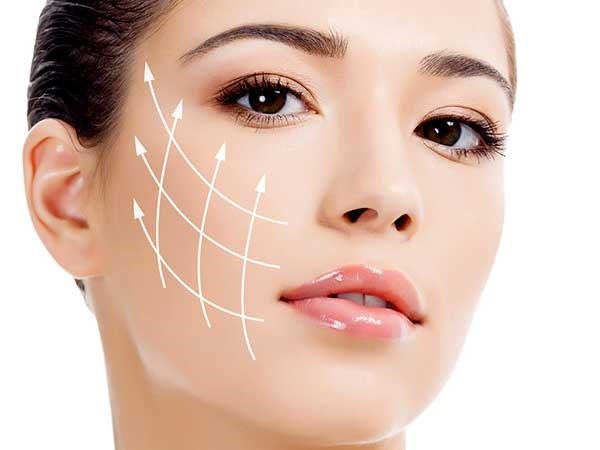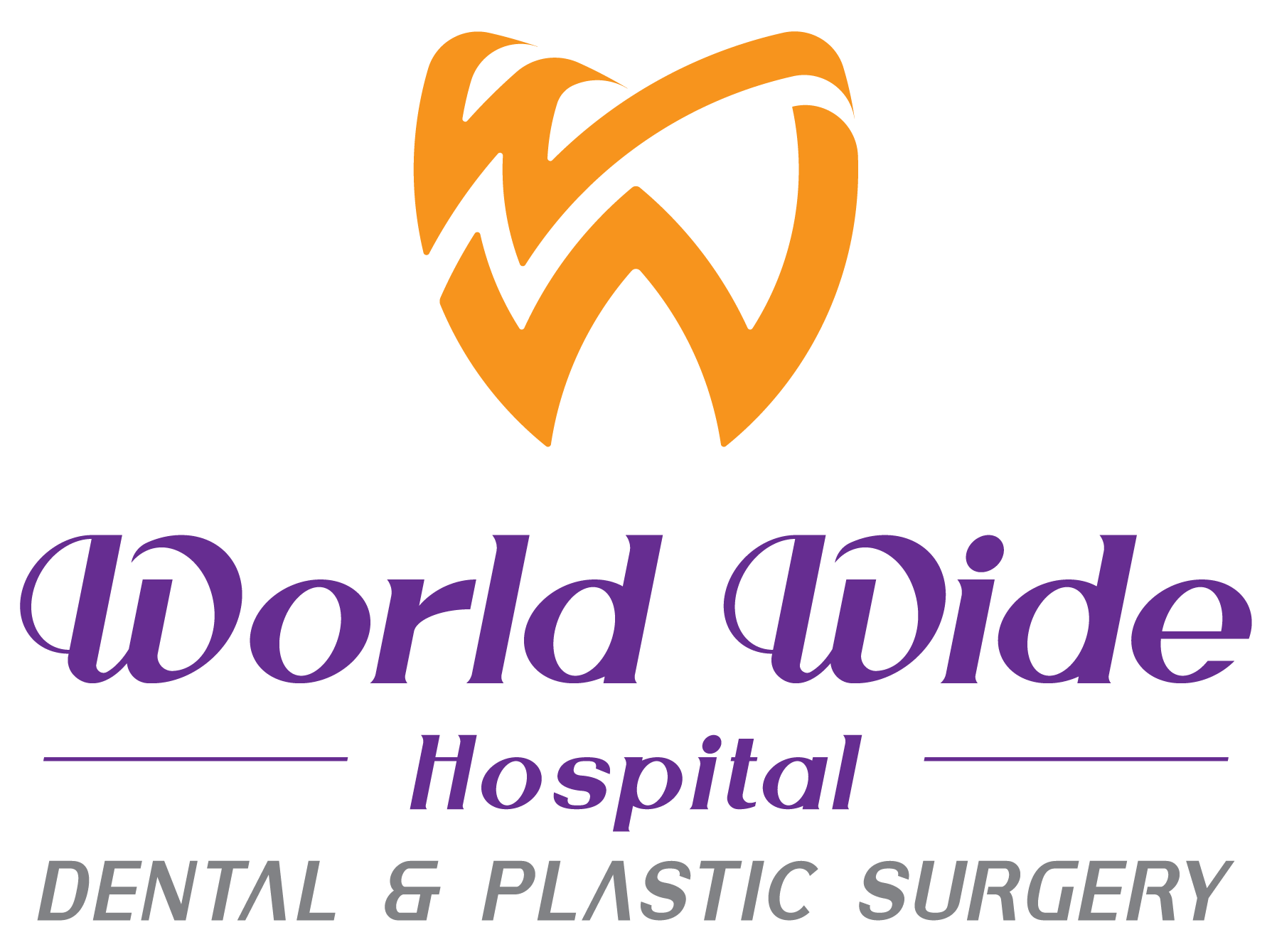
Facelift is a cosmetic surgery method that helps people remove skin imperfections such as excess skin, wrinkles, sagging skin, etc., safely, efficiently. However, post-operative care after facelift surgery contributes up to 90% of the success. Reliable information about face lift post-operative self care consulted by experts at Worldwide Dental and Plastic Surgery Hospital is shared within this article to help customers achieve the best result.
Post-operative wound care
Care after face lift surgery plays an important part in recovery the best results. Therefore, experts at Worldwide Cosmetic Hospital have designed a post-operative home care kit that includes:
Home care product set:
- Post-operative self-care sheet.
- Povidine, physiological saline.
- Set of medical bandages and gauze.
Self-care instructions
- Patient should: Apply cold compress to the whole face area 4-6 times a day (15-20 minutes each time) for the first 5 days after surgery.
- For washing: Try to keep the incision from direct contact with water for the first 2 days after surgery. Hair wash is okay after surgery (only when done quickly and dry).
- Avoid rubbing the incision too hard.
- Dry the incision after bath.
- For medicine: Apply Povidine to the incision, then rinse with physiological saline. Use gauze to pat the area dry after bath. Dry the incision after bathing using gauze. Change the bandages daily.
- After about 2-3 months on recovery, patient should: Perform skin care steps using lotion and have collagen supplements
- Gently massage the skin from bottom to top or in a circular motion in order to increase elasticity, promote muscle lifting and limit sagging, aging.
Re-examination
Recovery process:
After surgery, the face area will be swollen and bruised for the first few days.
- A compression facial garment must be worn for 2 days to reduce swelling and limit facial fluid accumulation.
- Follow up examination is set and conducted according to doctor’s appointment.
- Follow-up examination takes place after 2 days and 1 week since the surgery is done, then periodically after 01 month and 03 months later.
- If there is a post-operative complications such as fever, inflammation, incision swelling, redness or pain in the surgical wound, patient must immediately show up at the hospital for examination.
Exercise
Recommended
- After 2 weeks: Walk or exercise gently for about 15 minutes a day to help improve blood circulation.
- After 01 month: Do light, relaxing exercises such as walking, doing yoga.
- After 6 weeks: Can do intense exercises, as long as not too strenuously.
- After 3-5 months: Can start performing high-intensity exercises.
Not recommended:
- Lift heavy objects within the first 7 days.
- Drive a motorbike or car (within the first week).
- Do sauna (should avoid within the first 01 month).
Nutrition and medication
Recommended:
- Drink plenty of water (02 liters/ day).
- Green vegetables that are high in fiber, fruits and foods rich in vitamin A, C, E such as green leafy vegetables, carrots, sweet potatoes, pumpkin, water spinach, animal liver, etc.
- Eat foods that help heal wounds quickly such as steamed/ boiled lean pork, freshwater fish, etc.
- Drink unsweetened fresh milk.
- Take medication as prescribed by the doctor.
Not recommended:
- Consume alcohol, tobacco for about 05 weeks, and seafood for about 03 months.
- Fatty foods, spicy foods, sticky rice, seafood, etc.
- Limit the consumption of starch in the diet, do not consume more than 200g of starch per day.
- Avoid foods that are easy to cause pus and leave scars such as water spinach, beef.
- Avoid eating chicken, foods high in cholesterol, and soy sauce for about 1 month.
- Limit consumption of coffee, tea, pennywort juice, coconut water, beverages with stimulants or sour taste.
- Avoiding fermented foods such as salted eggplant and pickled cucumbers is recommended as they are difficult to digest, leading to slower recovery of the body.
Achieving a beautiful nose shape depends not only on the skill of the doctor but also on your own care and attention. Therefore, cherish your nose and adhere to the principles shared by doctors and staff at Worldwide Aesthetic Hospital in the article above.

 Tiếng Việt
Tiếng Việt